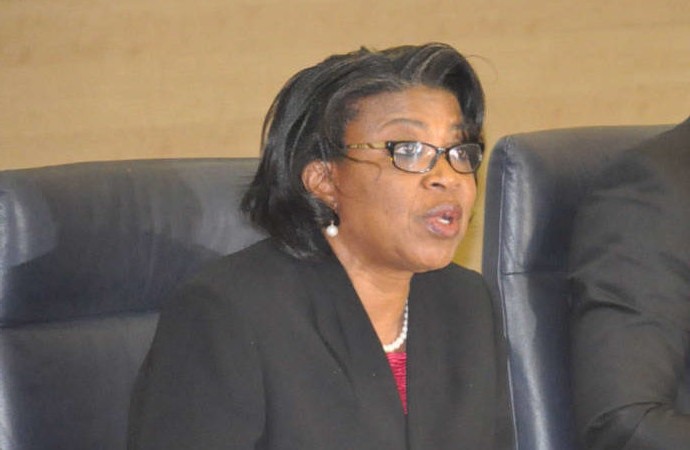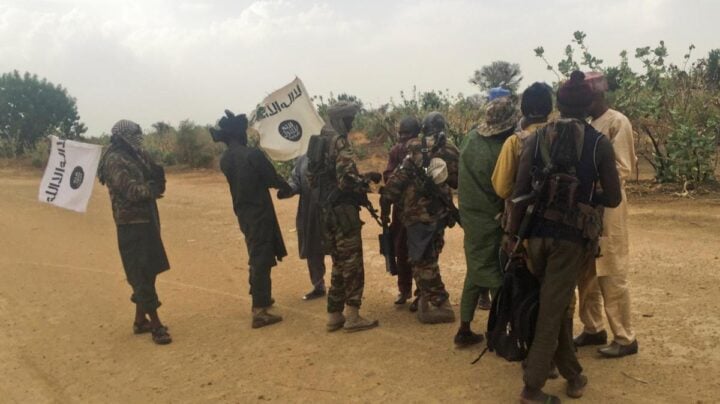Potential COVID-19 vaccine could be ready in September
The long and trepidated wait for the Astrazeneca/Oxford Covid-19 vaccines by Nigerians has ended with the delivery of four million doses in Abuja on Tuesday.
Controversy had preceded the vaccines’ arrival for months; ignorance combining with conspiracy theory among the populace as well as somewhat inexplicable laxity in public awareness by government agencies. To say nothing of the huge suspense with regard to whether the vaccines would arrive as scheduled. It took Secretary to the Government of the Federation, Mr. Boss Mustapha, who doubles as head of the Presidential Task Force on Covid-19, to make matters clear when he announced in Abuja on Monday that the vaccines were due in the country at last.
The fact that the vaccines would be subjected to only two days of further examination by the National Foods, Drugs Administration and Control (NAFDAC) before being approved for use, according to Mustapha, underscores the importance attached to the vaccines’ dispensation by the government. NAFDAC had earlier approved the vaccines for use in the country prior to the delivery on Tuesday, but subject to further examination before its dispensing after delivery.
News reports on Monday revealed that President Muhammadu Buhari and Vice President Yemi Osinbajo would first be administered with the jabs publicly on different dates in apparent resolve to quell the conspiracy theorists, although officials also said the dates cannot be ascertained immediately.
Advertisement
Curiously, however, the demography for the vaccines’ administration has yet to be determined by the Mustapha-led presidential task force. Till this moment, it is unknown which categories of the ordinary citizens would receive the vaccines before the others in order of hierarchy – as obtained in the advanced world. But unconfirmed statements said that registration of those to be administered on with the vaccines had commenced, with frontline health workers enjoying priority.
Reports said the four million vaccines that arrived in Abuja represent only 20 per cent of the population of 200million — a far cry from the required amount — although it is understood that another batch would arrive in a few months that would cater to another 30 per cent of the population, after which government would expect to receive vaccine donations that will cover one-fifth of the Nigerian population, leading to the procurement of additional 50 per cent to cover the entire country in what the federal health officials call herd immunity. Other reports also revealed plans to conveniently innoculate 40 per cent of the population this year and 30 per cent more in 2022.
There are concerns over the preservation of the vaccines pending dispensing, especially in the face of a dearth of facility for the preservation. But Mustapha has allayed the concerns, saying adequate measures have been put in place in that regard.
Advertisement
However, proliferation of the vaccines by unscrupulous pharmaceutical companies and sundry charlatans who would seek to exploit the obvious shortfall has presented the biggest challenge to the success of the Covid-19 vaccines’ administration. Without a doubt, the inability to check the possible proliferation could jeopardise the entire exercise, if not endanger more lives of innocent citizens.
Mustapha may have reckoned the looming danger as well. Little wonder, he issued a warning that projected the PTF as being proactive. According to the task force chief, security agencies and the civil society have been alerted to help nip any criminality in this regard in the bud with a view to ensuring the success of the vital exercise. The civil society is particularly geared towards exerting all the rights at its disposal in exposing any group or individual that aims to scuttle the Covid vaccination to guarantee the best outcome of the multi-dimensional approach.
Even though Africa’s most populated country, Nigeria has reported fewer than 2,000 Covid-19 deaths so far, contrary to widespread predictions at the break of the pandemic in March 2020.
Experts insist, however, that the low casualty figure owes largely to fewer tests carried out, in addition to grossly inadequate testing facilities in many states across the country. But unlike other African countries like South Africa, Zimbabwe and Eswatini which recently declared a second lockdown to curb the spread of the Covid-19 new wave, Nigeria has since gradually but steadily returned to normal life, with government and other relevant agencies campaigning ceaselessly for adherence to the health protocols.
Advertisement
Prince Gambari, a public affairs commentator, contributes this piece from Lagos
Add a comment







